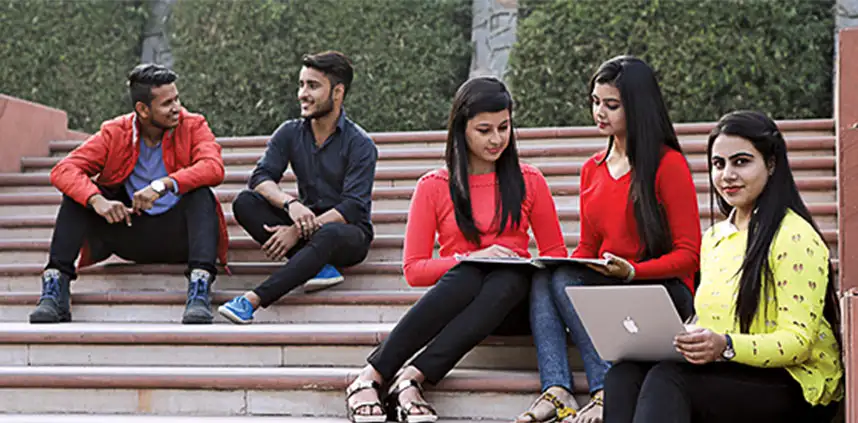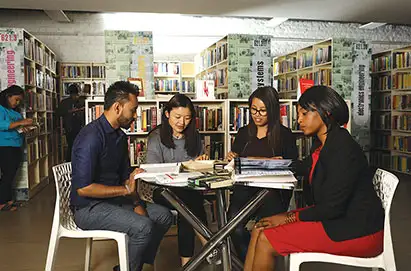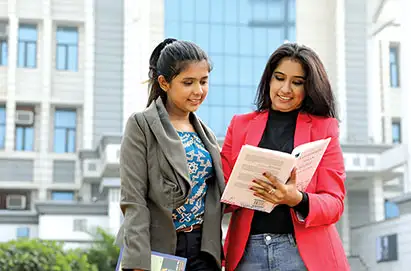SBSS offers discipline specific as well as interdisciplinary programs. The opportunities after obtaining the degrees from different disciplines are as follows:
Economics- Study of economics opens up career opportunities in both the government and private sectors. It provides ample scope and prestigious positions nationally and internationally. Well-trained economists are placed across the government sector including the Indian Economic Service and Reserve Bank of India Officer, corporate firms like TCS/IBM/HSBC and many more, research institutes (National Institute of Public Finance and Policy, National Council of Applied Economic Research, Indian Council for Research on International Economic Relations, and several premier institutes in country under the Indian Council of Social Science Research), international development agencies (UN organizations and World Bank groups), non-governmental organizations, banking/financial sector and several academic institutions. In the job market, there is an increasing demand for economic analysts, researchers and consultants.
Psychology- The students have successful careers in hospitals, clinical settings, working in school and colleges as counselors and also in corporate sectors as trainers and specialists in psychological assessments as well as in higher academic positions.
Social and Political Studies- It aims to develop critical insight among the students to apprise social and political studies using the lense of liberal arts, sciences, political science, sociology, anthropology, public policy and social work. We intend to develop student’s personalities through the inculcation of democratic and humanitarian values along with critical thinking and experiential learning. The pedagogy is structured in a way that strikes a balance between theoretical underpinning with concurrent field work in a social welfare organization, social and political studies. The Department offers placement and internship opportunities with all leading organizations from think tanks, civil society, international and national organizations, donor organizations, banks, consultancies, civil society, academia, central and state government organizations, and the developmental sector.






